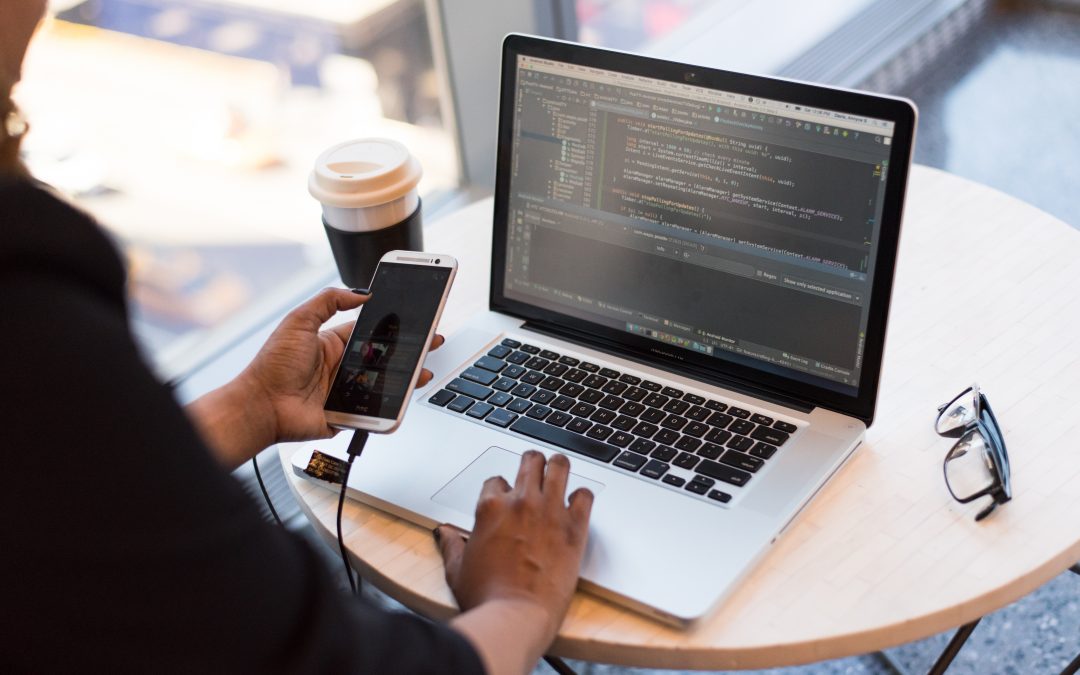Safe to say, COVID-19 is no longer just about whether or not we get the flu. It’s about whether or not we lose loved ones or are able to visit those in nursing homes. It’s about whether we keep our jobs, whether small businesses and universities survive, and whether our hospital system collapses.
It’s scary. But let’s try to think of some bright sides.
It’s appropriate to begin thinking about what this pandemic might mean in the long-run. Specifically, let’s talk about society and the on-going effects of our urgent need for social-distancing (or what we introverts called “college”).
Before COVID-19, medical professionals had already named one health epidemic that was also impacting most of western society: “the loneliness epidemic.”
Research shows that we are, on the whole, hyper-connected but relationally starved.
Enter COVID-19 which is forcing us into literal isolation. We’re not in our offices or taking the subway. And teenagers, who pre-COVID-19 were already socializing less than any generation before them, are mandated to be apart for several weeks.
But, okay, silver linings: maybe COVID-19 could be the catalyst for a positive shift in our social structures; maybe it could be the reset button we desperately need.
I am a full-blown investor in the commodities of busyness and wanderlust. I have little margin for time in any day. And I can’t sit still. I always want to be somewhere else, with someone else, eating some other meal, on some other adventure.
I say this with a tone of self-rebuke because I’ve long known that I lose so (so, so) much by being hither and tither, here and there, never fully present. I know this, but I can’t stop it. I wish I spent more time at home, wish I could name the plants that grow outside our windows, wish I journaled more often, wish I took more time to catalog these early years of my daughter’s life. I have friends in Iceland and California but I don’t know the names of the people who bag my groceries and deliver the mail. When talking with people I have to check my phone because I’m also mid-conversation via text with other friends, though few of whom I would say actually know me.
We’re so globally ‘connected’ that a pandemic like COVID-19 was always just a matter of time. And yet we enter this crisis already drowning in our own overly-scheduled bubbles of isolation. The irony of this “social distancing” plight is that we are already so distant from one another. COVID-19 is just putting tangible parameters on what is already our reality.
The eat local and shop local movements are fueled by the belief that something is lost when we live a life of individuality that’s fed by a million aqueducts of consumption drawing from all corners of the planet. But we’ve yet to correlate this belief to our understanding of social structure and expectations. We equate permanence of place with ignorance; social networking is not only a currency but a virtue.
We’ve yet to consider that a life of deeper presence may mean a life of deeper selectivity, that ‘live locally’ may mean less experiences and less relationships. Deeper ones, but less. Which is a hard pill to swallow, if consumption is the main course.
The way we’ve been operating socially isn’t working. We’re lonelier than ever before despite having more ‘friends’ than ever before. And now we’re faced with the prospect of rapidly diminishing social circles: what will life look like if airline travel is restricted to only those who’ve had a thorough medical examination? What if work has to happen where we also live?
If every leaf is a mystery and every human a marvel, then are we really losing something if our social lives become limited to those in our immediate vicinity? If all of life is beautiful, is there really nothing to be gained by being ‘stuck’ in one’s home?
Call me an optimist (which I’m not) and an introvert (which I absolutely am) but I’m not entirely convinced that a societal reset won’t do us some good. If this pandemic is going to reduce the size of our respective worlds, if it’s going to force us to shrink our social circles, to enter “isolation”, then I hope this leads us to reconsider the way we function relationally.
Maybe this is a chance for us to take stock of the relational ties that support but sometimes bind us. Maybe this will make us embrace the beautiful things and people that exist within feet of where we are, to grow deep because we can no longer grow wide.
None of this is to diminish the pain some of us will experience or the loss. Nor should it be seen as an attempt to gloss over the real danger that’s facing many of us, particularly those whose health is already compromised. This is about silver linings, not denial.
COVID-19 has pulled the plug on the old normal. The coming days are for calling loved ones (especially the elderly), telling a medical professional and grocery clerk they’re a hero, and whatever kind of prayer you believe in. And it’s time for complete social-distancing (what we introverts call “life”).
Let’s also use this time to ask ourselves what the world will look like once society is plugged in again. Will we have learned anything? Will we have changed?
By Bryn Clark, Director of Compass Program and Assistant Director of Advancement Communications


Great reporting!